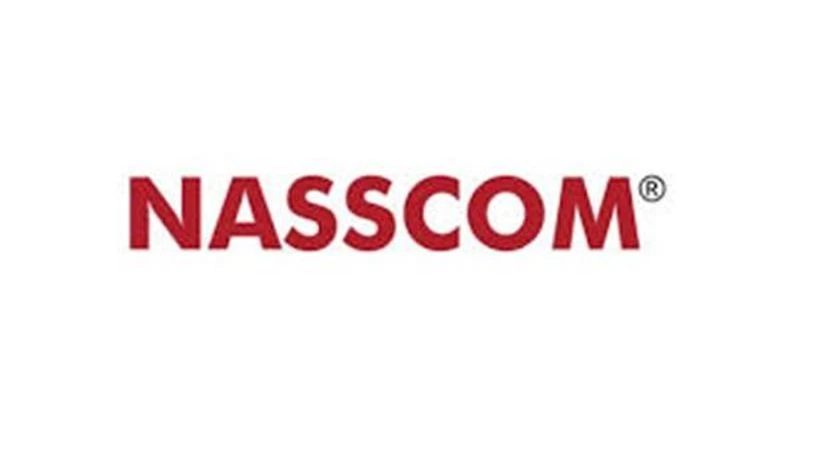Generative Artificial Intelligence is likely to be a tool for augmentation of roles rather than replacement of jobs, although the specific impact on the workforce will become clear overtime, Nasscom Senior Vice President and Chief Strategy Officer Sangeeta Gupta.
Her observation comes in the backdrop of several roles in the tech and non-tech industry being impacted by automation, and an industry push for self-regulation and upskilling with companies like HCLTech and Wipro announcing plans to leverage knowledge automation.
"How gen AI will impact jobs in India is still very unclear. Because implementation of Gen AI will happen... we believe it's more a tool for augmentation than replacement," Gupta told PTI on the sidelines of the Nasscom Annual Technology Conference 2023.
Speaking at the event, Accenture Managing Director Matt Carroll said AI can potentially replace the 40-hour work week, freeing up time for people to chase their interests.
Nassom's Gupta said that the DPDP bill introduces a negative list of data which "works well with the industry" since countries where data interface is happening, will likely be in the positive list.
Also Read
"Given how fast technology is evolving, you cannot expect every use case to be built through this bill.. continuous evolution of the rules will happen as new use cases and challenges come up," she added.
On Nasscom pushing startups listed outside India and servicing the domestic market, to come in India, she said a number of startups have located overseas because of investors' interests and concerns around ease of doing business in India.
"I think you've seen a number of startups that have located overseas because of two reasons. One is their investors' interests in the markets overseas, and hence they have flipped operations to these markets. Two, there are concerns around some of the ease of doing business issues for startups," she said.
Nasscom has been working with the government on taxation policies and ESOP policies to address some of these issues and to get more startups to stay and build in India.
"A number of changes have happened, but the process is still underway," Gupta said.
Further, Gupta said opportunities for people with good tech skills exist, even as "the great resignation came down to a slowdown" in India, amid layoffs in the industry.
Nasscom and EY on Tuesday released findings of a report, which highlights the availability of talent, investment and relevant infrastructure as the top three challenges in the DeepTech industry.
Almost all (99 per cent) of the Indian B2B SaaS (Software as a service) companies out of the 201 studied have embraced DeepTech innovations, with maximum adoption in AI/ML (Machine Learning) at 54 per cent followed by Big Data and Descriptive Analytics, and Intelligent Automation.
(Only the headline and picture of this report may have been reworked by the Business Standard staff; the rest of the content is auto-generated from a syndicated feed.)

)
